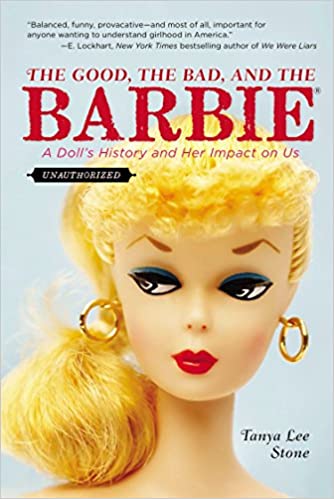


I mostly feel bad for the kids of the gatekeepers. They have just opened them up to the juiciest bits, without putting them in context.


Half the time, the people who are challenging books haven’t even read them. That was very helpful to remember that book challenging is mostly about fear. It’s about the person who’s writing to you.” “Let this make you feel proud, like you’re speaking your piece. One colleague said to me when I was called a ‘smut enabler’: At first it was really difficult to not take that personally and feel terrible. The worst ones come into your inbox from the people who believe they hate you. How do you deal with challenges to your books? I wanted to both honor the fact that it’s ok for girls to have a safe, healthy sex life and focus on the universal emotional results of those decisions.Įach girl emerges from her experience, however gut-wrenchingly real or difficult, knowing better what she does or doesn’t want from a future relationship. I wanted to explore navigating first love and sex in a realistic way and focus on the emotional outcomes of leaping into it without dramatizing these real-life experiences with plot points of something horrible happening to a girl who has just chosen to have sex. I looked back at my teen self and thought generally about what teenage readers care about and how that intersects with what I care about. The actual drafting of this novel came from decades of reflection and cultivating how I understood love and sex. The answer was that I wanted to stretch myself to discover what topics, feelings or issues I cared deeply about exploring on the page. I wrote this book at a time when I was asking myself larger questions about my career and what kind of writer I wanted to be. How have your personal experiences inspired you to write A Bad Boy Can Be Good for a Girl? Victoria Tang, NCAC’s Youth Free Expression intern, spoke with Tanya about censorship and the need for more diverse, authentic storytelling. Her award-winning novel, A Bad Boy Can Be Good for a Girl, is about three high school girls who fall for the same player boy and has been banned multiple times. Her latest, Girl Rising: Changing the World One Girl at a Time, is emblematic of the tales she enjoys telling: stories from the perspectives of marginalized groups in society. In 30 years, Tanya Lee Stone has written more than 100 books. for Teachers, Parents, and School Officials.Resources for Authors of Banned and Challenged Books.


 0 kommentar(er)
0 kommentar(er)
